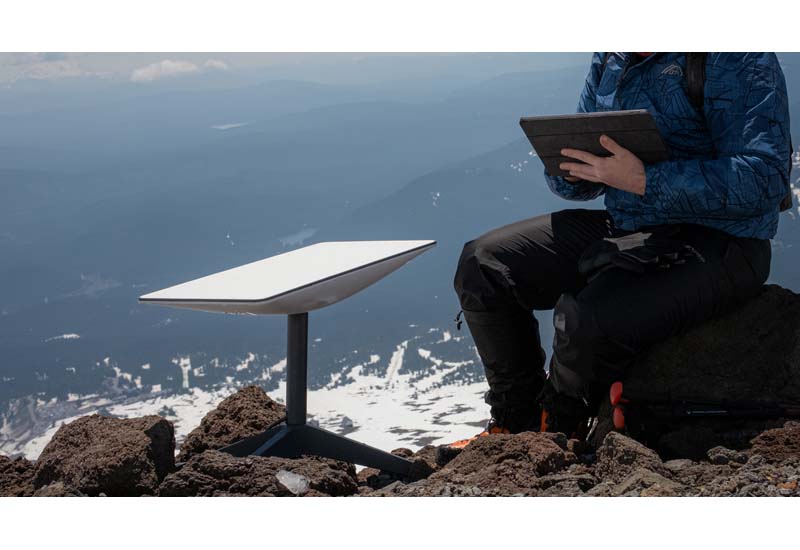SpaceX is getting serious about beaming internet straight from its Starlink satellites to smartphones across the globe, filed requests to expand testing of its innovative “Direct to Cell” service beyond US borders to several major international markets including Canada, Australia, and Japan.
According to filings with the FCC, SpaceX is pursuing regulatory clearance to trial its space-based cellular broadband in Canada, Australia, Japan and potentially other countries like New Zealand, Chile, Peru and Switzerland. The tests will see SpaceX’s souped-up Starlink satellites transmit internet connectivity directly to unmodified smartphones on the ground.
The objective? Assess if Starlink’s “Direct to Cell” tech can reliably deliver mobile internet access via partnerships with local carriers in each country and their licensed spectrum. SpaceX already has deals lined up with the likes of Rogers in Canada, Optus down under and KDDI in Japan.
“Testing will likely continue until SpaceX has received commercial authority…from the relevant local administrations,” the company stated in its FCC filing. Musk are clearly envisioning a future where Starlink bypasses traditional terrestrial networks entirely to provide universal internet access across the planet.
Of course, securing regulatory blessings is just one piece of the puzzle. Plenty of technical challenges remain before Starlink’s orbital internet can truly go mainstream on the global stage.
SpaceX’s rapidly growing Starlink constellation now numbering over 5,800 active satellites and counting – this international expansion push is likely just the beginning of a much bigger connectivity power play.
